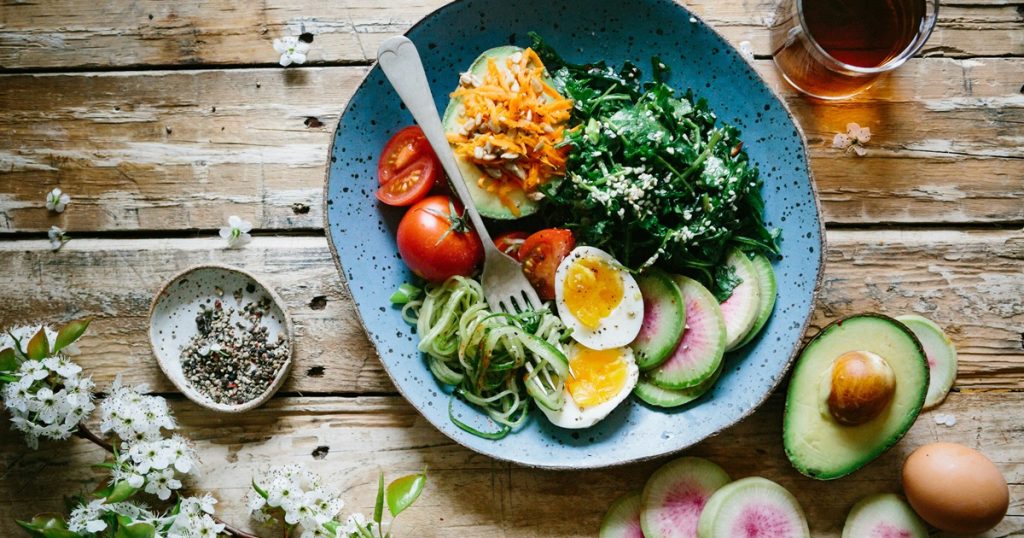The relationship between plastic surgery and healthy lifestyle habits is very important, and it is an important part of the conversation I have with patients who come to me for aesthetic plastic surgery near Phoenix. Maintaining a positive attitude and a healthy diet and exercise program can play a crucial role in both the short-term and long-term results of surgery.
Before surgery, it is important to be in the best health possible to minimize surgical risks and maximize benefits of the procedure. I encourage patients to eat well and make sure to include plenty of vegetables and fruits for good nutrition. Adequate protein intake is also important to assist with healing. Vitamin supplementation is not critical if one is eating a well-balanced diet, but it can be helpful to ensure the best possible healing and recovery.
Exercise is also very valuable, both before and after surgery. Prior to surgery, exercise will improve the ability of the heart and lungs to deal with stress, and it will put the body in a good state to undergo anesthesia. People who exercise will generally have lower blood pressure and a lower resting heart rate and will recover faster after anesthesia. After surgery, continuing to exercise and following a healthy diet will help maintain results of procedures such as liposuction and abdominoplasty, also known as a tummy tuck in Phoenix. Plastic surgery can help fix things that patients cannot correct on their own, such as diet-resistant fat, loose skin and stretched abdominal walls. However, surgery should not be seen as a “quick fix” or a way to avoid healthy habits.
Smoking, drugs and alcohol can be detrimental to general health and can contribute to surgical complications. In patients who smoke, carbon monoxide and nicotine reduce oxygen to the tissues, and this severely increases the risk of wound healing problems, tissue loss and infection. Recreational drugs can increase anesthesia risks dramatically by interacting with other medications and by affecting the heart rate and blood pressure. Using recreational drugs around the time of surgery could be potentially life threatening and should absolutely be avoided. Finally alcohol, while having some health benefits in moderation, is a bad idea around the time of surgery because it thins the blood and increases the risk of bleeding. Alcohol can also interact with some medications.
In addition, a healthy lifestyle will improve a sense of well-being, prolong life and improve quality of life. When surgery is factored into the equation, being healthy will also reduce surgical and anesthesia risks, improve recovery time and help surgical results last longer. Everyone, particularly those considering aesthetic surgery, should make healthy choices a priority for their lives.


Leave a Reply